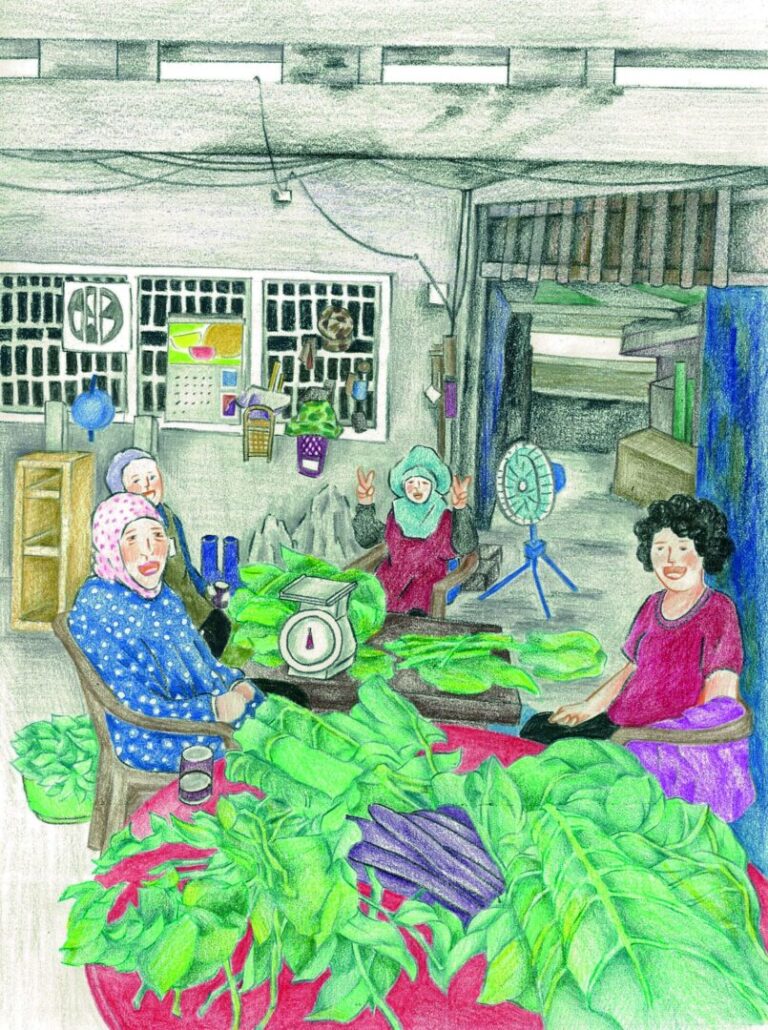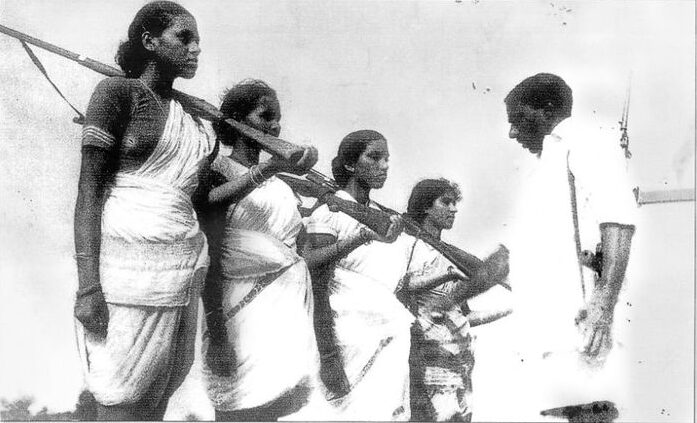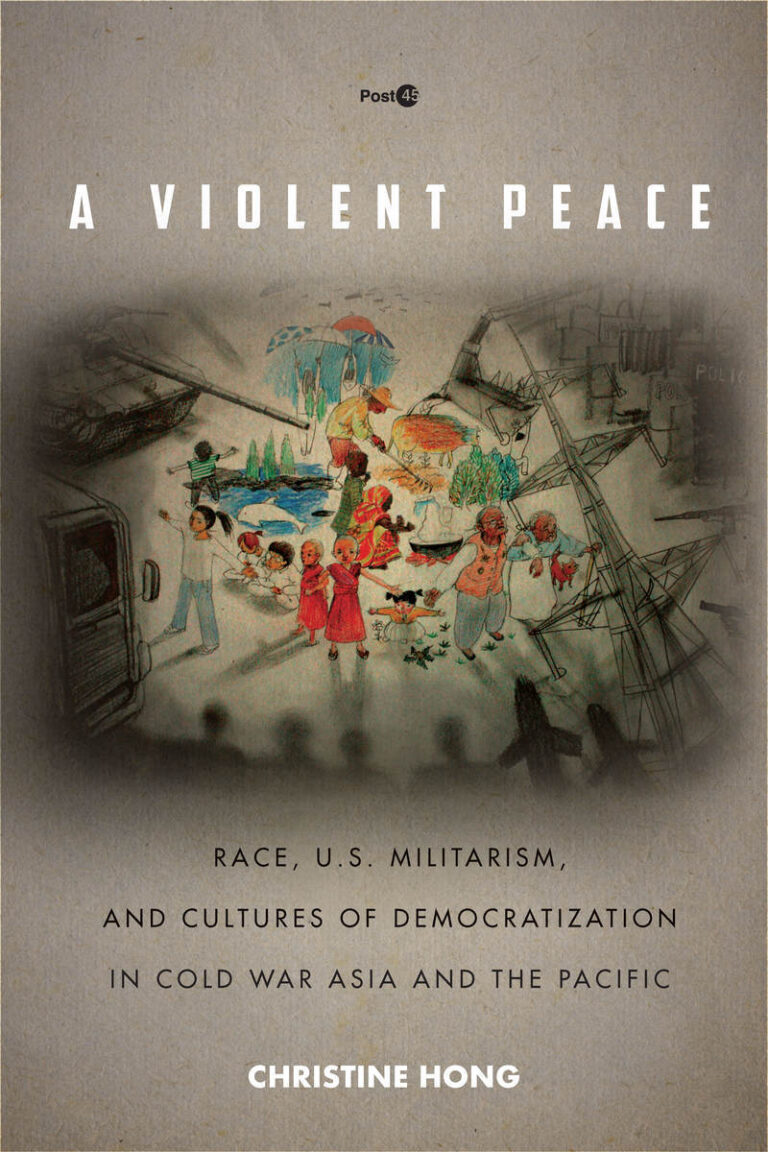In a democratic country like Taiwan, civic participation generally takes place everywhere and every day in various forms, such as petitioning, community building, and protesting, and it is too mundane to be noted. Not until the moment of crisis could the energy it has harbored be seen. COVID-19 undoubtedly is a challenge for all humans in the world. Misfortune as it was, this state of exception presented people with resilience and creativity to assist one another. Starting from an incident of “veg boxes” during the pandemic, this article tries to connect the optimistic view toward social changes with its possible model. By linking Homemakers United Foundation, a local organization closely related to food and environmental issues, and its development to the history of nation-building, this article also discusses what kind of civic imagination has been deployed and its connection with history.
Keyword: Cold War
Reawakening Ali Sardar Jafri’s Asia Jaag Utha
The epic poem Asia Jaag Utha, written in 1950 by Ali Sardar Jafri of the Indian Progressive Writers Association, was a battle hymn of its time, a celebration of Asia’s history and geography, with a vision for Asian liberation and communist revolution at the dawn of the Cold War in the aspirational Third World. Are its messages still applicable today, or is it strictly a period piece? This essay analyzes what Jafri was trying to do in his own context and explores whether it has anything to say to ours. In order to do this, the author enters into dialogue with Jafri’s poetry, and proposes some updates to its political agenda that might be needed to carry its energy into the present. While the mid-twentieth century vehicles of progress and liberation (such as industrial development and the postcolonial nation-state) require critique, Jafri’s emancipatory impulses and ideals of solidarity ring true.
Review of A Violent Peace: Race, U.S. Militarism, and Cultures of Democratization in Cold War Asia and the Pacific by Christine Hong (Stanford University Press)
Christine Hong’s A Violent Peace examines local and global democratization projects and the many ways that postwar US military tactics and strategies functioned to suppress both counterrevolutionaries abroad in Asia and Black radicals at home in the US. Through literary and visual analyses of works by Ralph Ellison, Ōe Kenzaburō, Miné Okubo, Carlos Bulosan, James Baldwin, and W. E. B. Du Bois, Hong questions how to navigate US post-World War II policies that claim a period of democratized “peace” and racial integration while simultaneously dehumanizing “foreign” bodies through military tactics that police cultural and political belonging.
Review of Second World, Second Sex: Socialist Women’s Activism and Global Solidarity during the Cold War by Kristen Ghodsee (Duke University Press)
Kristen Ghodsee’s Second World, Second Sex recovers the historical legacy of women from the Eastern bloc and post-colonial Africa as political activists for women’s rights and diplomats for socialist and non-aligned nations during the UN Decade for Women, 1975-1985. Second World, Second Sex challenges the conventional wisdom of three-wave feminist history by documenting the critical interventions made by women in service of a vision of equality that was always already intersectional, and that refused to separate women’s issues from questions of neo-colonialism, racism, and economic re-distribution. It offers a helpful and instructive reminder of socialist feminism’s rich and global history of organization and action, a history that was created and fought for in large part by alliances of women from non-aligned and socialist countries during the Cold War and whose memory is all too often erased from dominant Western histories of the women’s movement.



